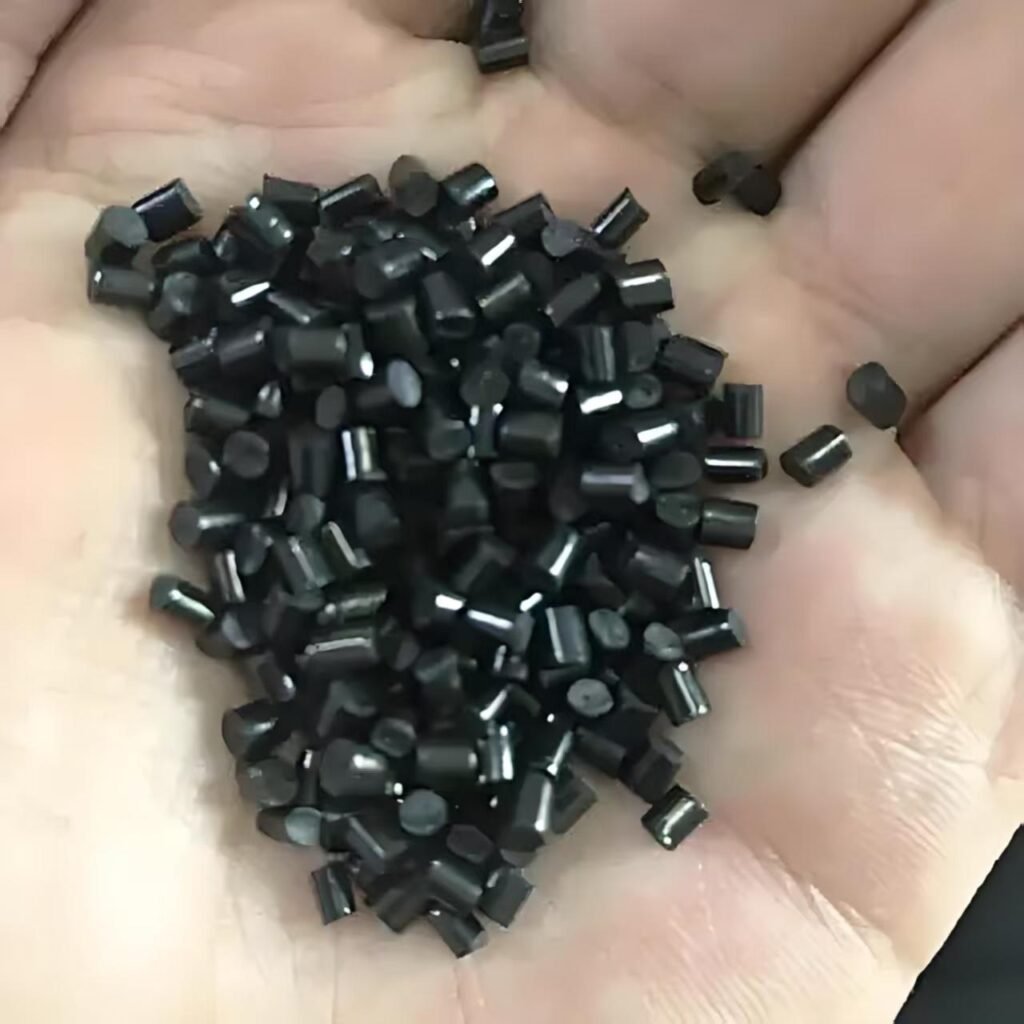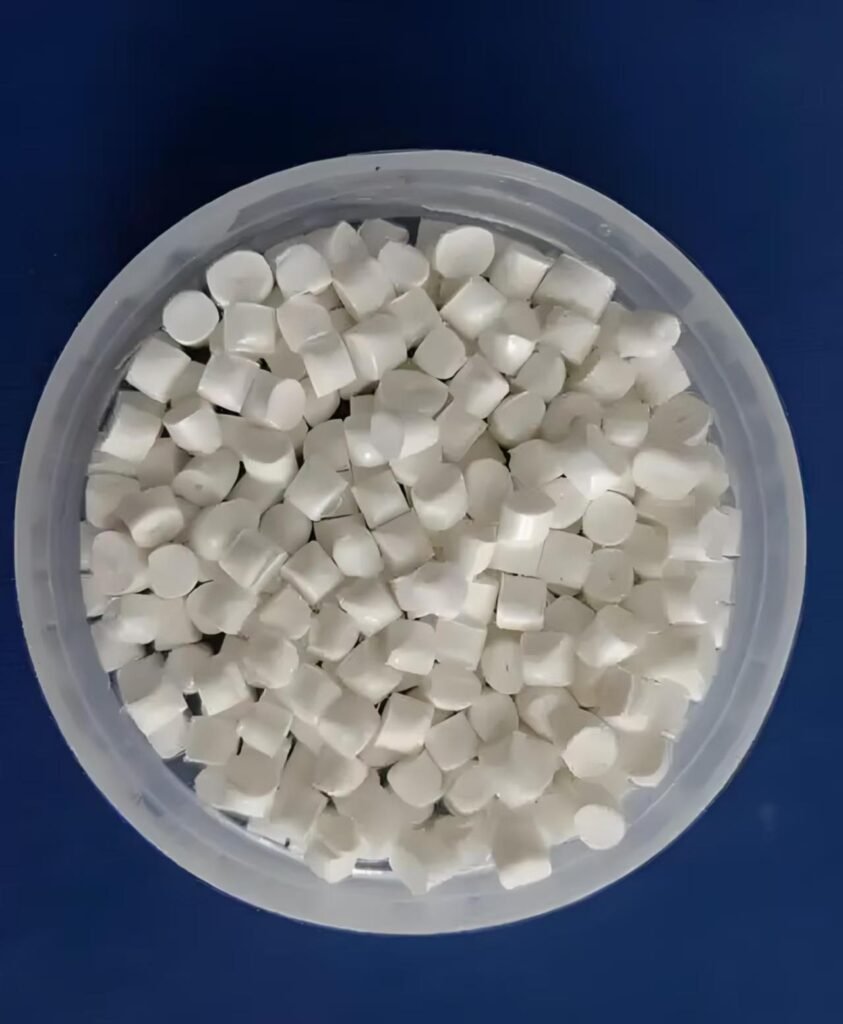Plastic. It’s everywhere. From the packaging of our morning coffee to the fibers in our clothes, it’s woven into the fabric of modern life. Its convenience is undeniable, but the true cost of this ubiquity is becoming devastatingly clear. Let’s talk about the real impact of plastics.

1. The Environmental Avalanche:
Ocean Apocalypse: Millions of tons enter our oceans yearly, forming gyres like the Great Pacific Garbage Patch. Marine life ingests it, gets entangled in it, and dies from it. Microplastics (tiny fragments) now permeate every level of the marine food chain.
Landfill Legacy: Plastic doesn’t biodegrade; it photodegrades, breaking into smaller pieces over hundreds to thousands of years. Landfills overflow, leaching chemicals into soil and groundwater.
Wildlife Casualties: From birds mistaking colorful pieces for food to turtles strangled by bags, the toll on terrestrial and aquatic species is immense and heartbreaking.
2. The Human Health Question Mark:
Microplastic Invasion: We now consume microplastics through food (especially seafood), water (both bottled and tap), and even the air we breathe. Studies find them in human blood, lungs, and placentas.
Chemical Cocktail: Plastics contain additives (like BPA, phthalates) known to be endocrine disruptors, potentially linked to hormonal imbalances, developmental issues, and certain cancers. The long-term health effects are still being researched, but the presence itself is alarming.

3. The Climate Connection:
Fossil Fuel Footprint: Over 99% of plastic is made from chemicals sourced from fossil fuels (oil & gas). Extraction and production are energy-intensive, contributing significantly to greenhouse gas emissions.
Waste & Incineration: Managing plastic waste, especially through incineration, releases potent greenhouse gases and toxic pollutants.
The Impact is Systemic. It’s not just about litter; it’s about pollution infiltrating ecosystems, wildlife, our own bodies, and fueling the climate crisis.
So, What Now? Awareness is Step One. Action is Crucial.
Demand Systemic Change: Support policies that hold producers accountable (Extended Producer Responsibility – EPR), ban single-use plastics, and invest in robust recycling and reuse infrastructure. Push for innovation in truly sustainable materials.
Reduce Relentlessly: Refuse single-use plastics whenever possible. Bring your own bag, bottle, cup, containers. Choose products with minimal or no plastic packaging.
Rethink & Reuse: Opt for durable goods over disposable ones. Embrace reusable alternatives. Repair instead of replace.
Recycle Right: Know your local recycling rules and follow them meticulously. Contamination ruins batches.
Spread the Word: Talk about it. Share information. Support organizations tackling plastic pollution.
The “Impact of Plastics” is profound and far-reaching. It’s a global challenge demanding global
solutions – from governments and industries down to individual choices. We created this dependence; we must now innovate our way out of it. Our planet’s health, and potentially our own, depends on it.
